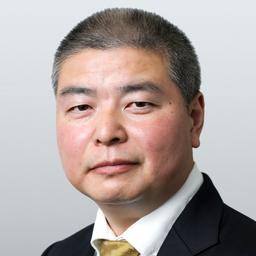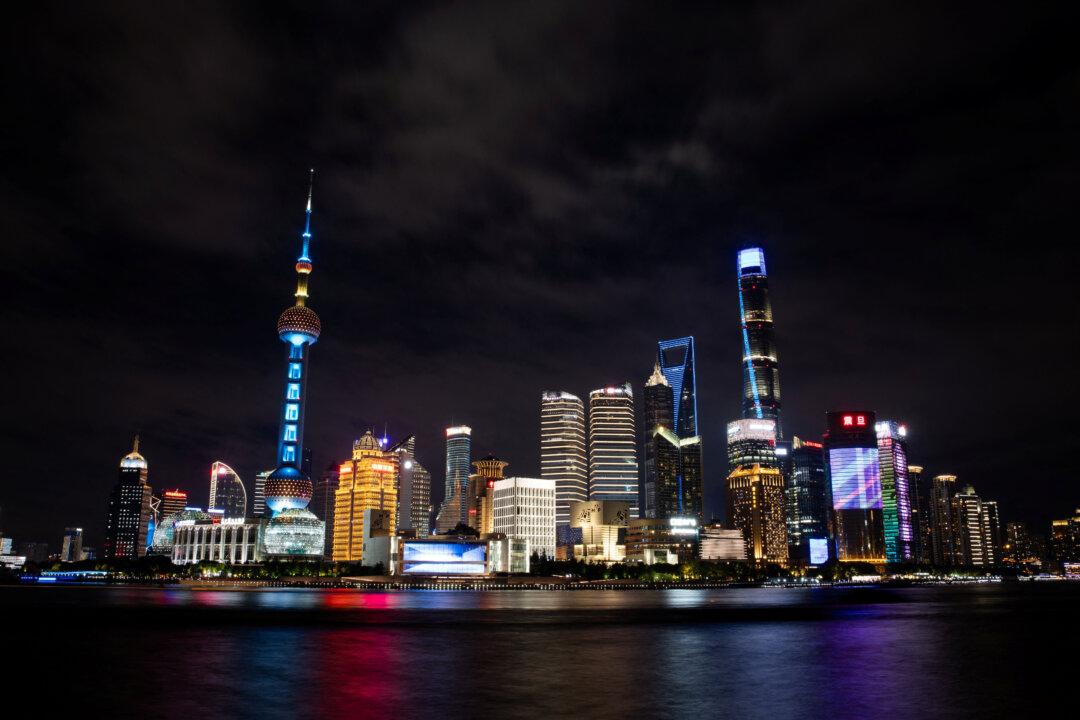Commentary
How interesting it is to see the contempt Beijing has for the Biden administration’s China policy of competition, cooperation, and confrontation when necessary. Recently, a number of CCP (Chinese Communist Party) spokespersons have expressed harsh criticism and veiled threats toward the United States through so-called diplomatic dialogue.





